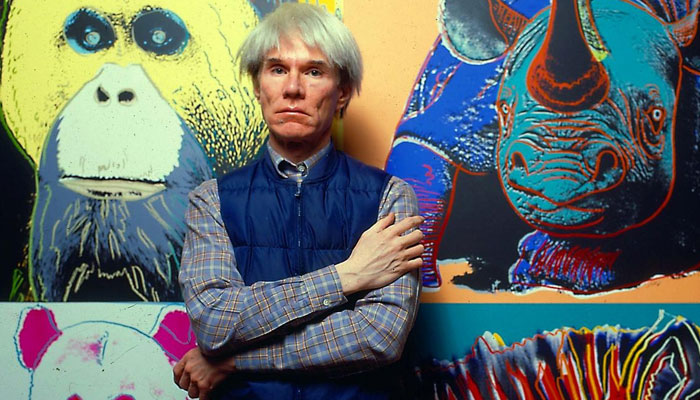Historic supreme court verdict finds Andy Warhol's images of Prince infringed copyright
The court's decision, with a vote of 7-2, rejected arguments made by Warhol's foundation
May 19, 2023

In a landmark ruling, the Supreme Court of the Unites States declared that Andy Warhol's images of Prince, which were based on photographs taken by Lynn Goldsmith, violated Goldsmith's copyright.
The court's decision, with a vote of 7-2, rejected arguments made by Warhol's foundation that the work was transformative and did not infringe upon copyright laws, according to CNN.
The ruling takes place in the context of the significant copyright implications posed by AI and its impact on defining originality. Warhol frequently incorporated various photographs, logos, and artworks, ranging from everyday objects to iconic images, in his creations.
The court's ruling follows another recent decision regarding the copyright dispute between Ed Sheeran's song "Thinking Out Loud" and Marvin Gaye's "Let's Get It On." Despite similarities in chords and tempo, Sheeran's song was deemed not to have violated Gaye's copyright.
Justice Sonia Sotomayor, in the majority opinion, stated that Goldsmith's original works, like those of other photographers, deserve copyright protection, even when used by renowned artists. This protection encompasses the right to create derivative works that transform the original.
However, Justice Elena Kagan, in a dissenting opinion joined by Chief Justice John Roberts, expressed concern that the ruling would stifle creativity in various forms, hindering the development of new art, music, literature, and ideas. The case primarily revolves around the "fair use" doctrine in copyright law, which allows certain unlicensed uses of copyrighted works under specific circumstances, including transformative use that alters the meaning, message, or form of the original work.
The case at hand focuses on Warhol's silk screen images, initially created for a 1984 Vanity Fair article on Prince, using photos taken by Goldsmith three years earlier. Copyright issues arose when Vanity Fair's owner, Conde Nast, reused Warhol's image following Prince's death in 2016.
The Recording Industry Association of America (RIAA) and the National Music Publishers Association (NMPA) have long advocated for a copyright violation decision in this case.
NMPA president/CEO David Israelite commended the ruling in a statement:
“Today’s Warhol Foundation decision is a massive victory for songwriters and music publishers. This is an important win that prevents an expansion of the fair use defence based on claims of transformative use. It allows songwriters and music publishers to better protect their works from unauthorised uses, something which will continue to be challenged in unprecedented ways in the AI era.”











